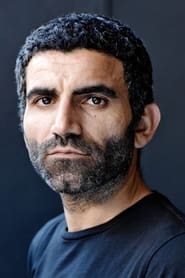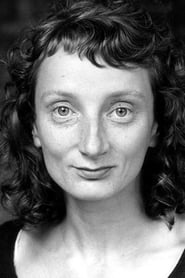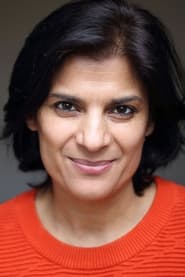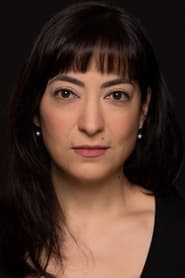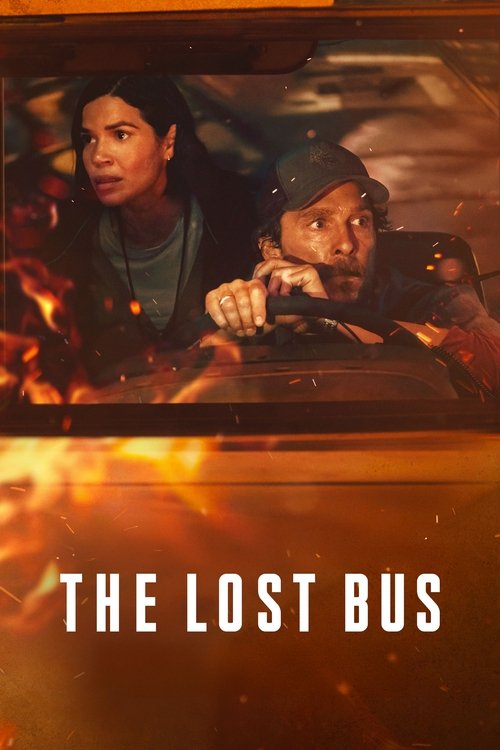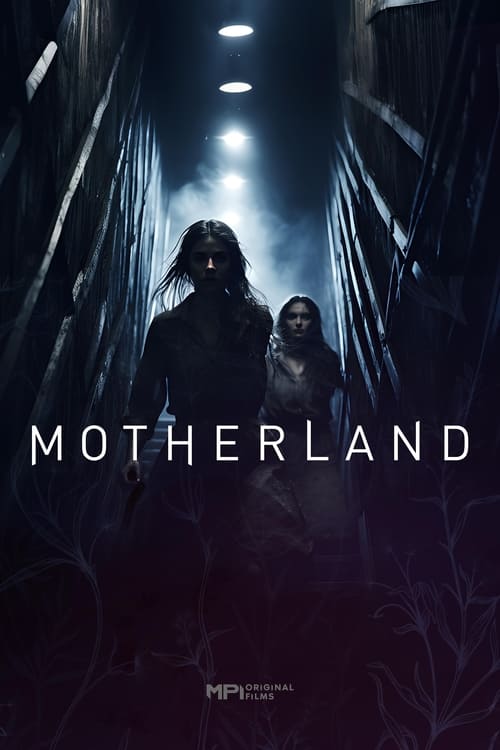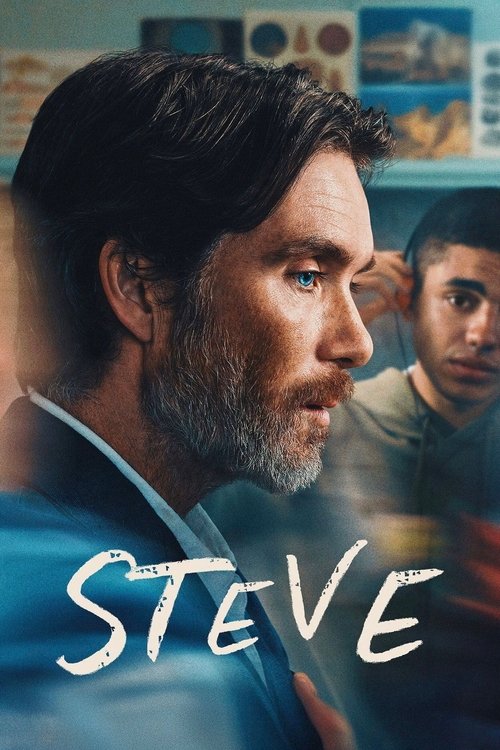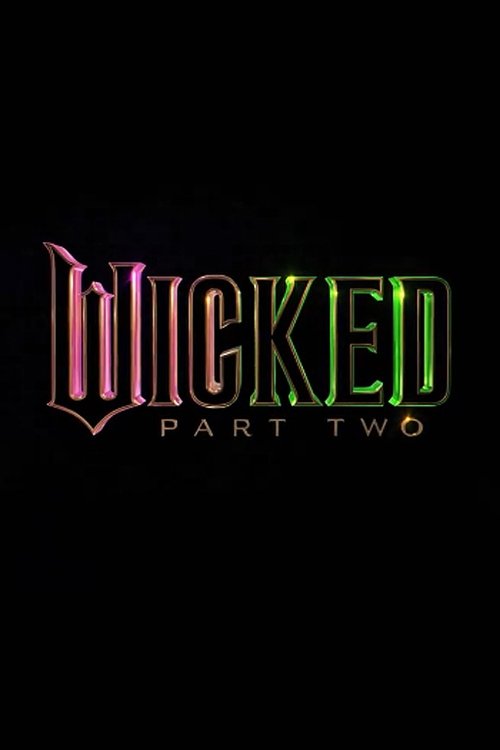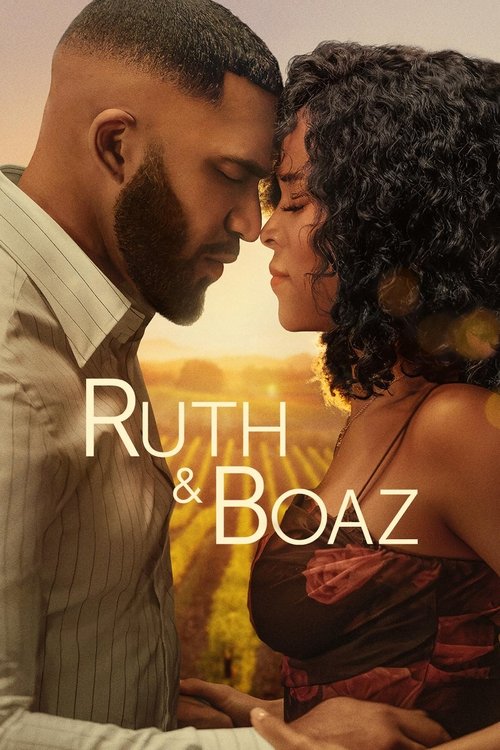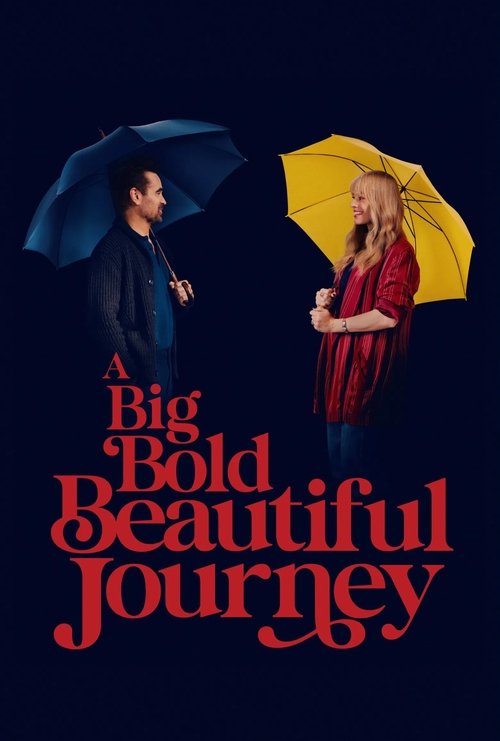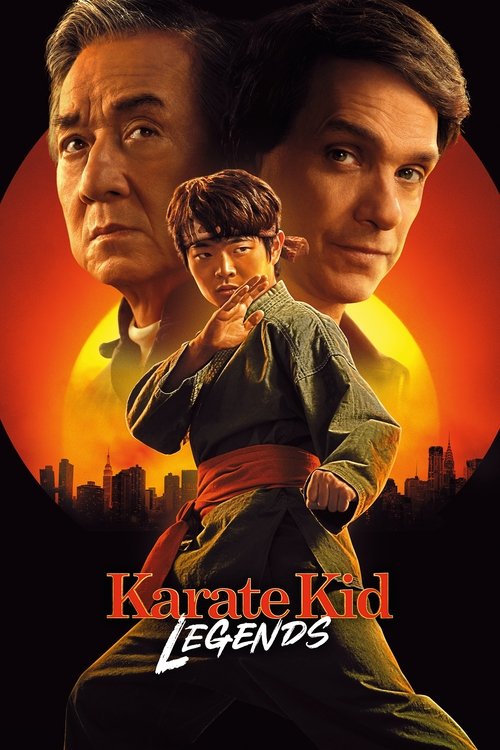
Ask Your Own Question
What is the plot?
A hard, cold dawn opens on a remote Oregon homestead where seven rough-hewn male siblings live by the rules of backcountry survival. The oldest of them, Adam Pontipee, grows restless with the unvarnished life he shares with his six brothers and decides to ride down into the nearest town to seek a wife. He arrives at a small boardinghouse, enters the common room, and tastes a hot bowl of stew prepared by the boardinghouse cook, Millie. Adam is struck by her skill and, without hesitation, asks her to marry him. Millie accepts his proposal; they arrange a same-day ceremony and leave town as a married couple almost immediately, with Adam leading her back up the mountain to the Pontipee cabin.
When the newlyweds reach the family homestead, Millie expects a private life with Adam; instead she discovers the entire brood -- six brawny, unshaven brothers occupying every corner of the roughly hewn cabin and assuming that a new wife will take over the cooking and cleaning duties. She meets them one by one, assessing their grime and the condition of the house, and makes a demand that the men change. Millie sets a strict routine: the brothers must bathe and shave, launder and mend their clothes, paint and repair the house, sweep and scrub floors. She instructs them to learn to comport themselves with a degree of courtesy and to treat her with respect and consideration. Adam supports her at first and helps enforce the rules, but Millie confronts each brother directly, examining the stubbornness in their faces and insisting that they trade the rough habits of mountain life for basic decency in her presence.
Months pass under Millie's regimen. The brothers, guided by her patience and discipline, begin to adapt to personal grooming and household chores. They also start to entertain a new desire: each one sees the value of companionship after watching Adam and Millie's partnership, and they decide that they too want women at their sides. Millie, who has learned how to manage a houseful of untrained men, turns teacher. In the evenings she gives lessons in manners and dance: she shows them how to bow and how to ask a woman's name politely, she drills waltz steps across the floor, corrects their clumsy posture, and teaches them how to present flowers and speak kindly. The brothers practice hesitantly at first, but their efforts sharpen under Millie's direction and the older sibling's leadership.
When the community holds a barn dance in late summer, the brothers ride down to town in their best attempts at civilized attire. The barn fills with lantern light and accordion music; townspeople pair off and the brothers, slightly awkward but newly practiced, approach the local girls. Each brother finds a partner on the dance floor: they hold hands, they step through the figures Millie has taught them, and one by one they fall in love with the women they meet. Laughter and music fill the evening; the brothers return to the mountain with their hopes anchored to the names and faces they left behind.
As autumn darkens into a weathered, colder season, impatience and passion drive the brothers to take decisive action. On a night when the village is sleeping and moonlight lays a pale line across the trail, Adam's younger siblings mount their horses and ride quietly back to town. They intent to bring the girls to the mountain to be their wives. Under cover of night they take the women by force from the barns and homes where the girls sleep. They bind or hold them as needed and move them quickly back toward the ridge, the horses' hooves sounding against frozen ground. Townspeople roust from their houses when the alarm spreads; a posse of outraged fathers and neighbors pursues the riders with lanterns, shouting and firing warning shots. The brothers, sensing that the settlers will catch them before they reach the safe mountain pass, act to block the pursuers. Standing at a choke in the trail where the path narrows under a steep snowfield, they set to work dislodging snow and rocks--kicking at unstable banks, driving stakes, undermining the frozen crust until a massive slide of snow and debris breaks loose. The avalanche pours down and seals the pass with a mound of ice and timber, cutting the pursuit off and trapping the abducted girls with the brothers on the mountain side for the coming winter.
With the mountain pass blocked and the nights growing colder, the group returns to the Pontipee homestead. The six girls find themselves suddenly confined in the cabin and its immediate outbuildings, unable to go back to town because the way is closed by the avalanche. Millie stands apart from the initial jubilation of the brothers. When she understands exactly what they have done--that the men kidnapped these girls rather than courting them openly--she reacts with fury. She confronts Adam and his brothers with a harshness born of hurt and moral outrage. Millie condemns the method by which the brothers attempted to secure brides and tells them that they have behaved like animals, not gentlemen. In punishment and as a statement of principle, she forces the six brothers to move out of the main house and into the barn; she locks the doors when she leaves, puts the necessary cooking and bedding inside for the girls, and demands that the men sleep in the loft, work to prove themselves, and accept the consequences of their conduct.
Adam refuses to accept Millie's treatment. He argues that his brothers are men of the mountain and that he will not be relegated to the barn. Heated words escalate into a physical and emotional estrangement between Adam and Millie. Adam storms away from the homestead and rides up the ridge alone, taking refuge in a shelter on the mountain by himself. He insists on living apart until Millie softens or until he can reestablish his position among the men. Millie remains at the cabin with the six town girls, asserting a household order and setting strict terms for the brothers' return to favor: they must behave, they must show that they can care for the women they seized, and they must demonstrate that their courtship can become marriage in a non-violent, respectful fashion.
Over the course of the long winter the enforced proximity reshapes relationships. The men who sleep in the barn and the women who live in the cabin adapt to daily routines. They chop wood together, fetch water, tend to animals, and share meals. Adam remains apart on the mountain for many weeks, watching from a distance and confronting his own anger and pride, while the other brothers gradually prove themselves useful around the homestead. With time the girls begin to see sides of the men they did not know in town: a brother's gentle way with a foal, another's careful workmanship on repairing a fence, a third's steady hand while mending a stove. The brothers in turn learn to listen, to hold conversations without crude jokes, and to accept instruction in the rituals of courtship Millie first delivered. They dance together in the heated kitchen sometimes by lamplight; they teach each other to weave straw, to sew torn skirts, and to braid hair. Quiet evenings produce conversations and confessions; laughter grows between couples as tasks lead to tenderness. Under these conditions, each of the six kidnapped town girls begins to reciprocate affection for the brother who has shown her patience or bravery.
During this period Millie's own situation changes as well. She discovers she is pregnant. She tells Adam and the assembled household that a child is on the way, and the news complicates relationships: for Adam it stirs protective instincts; for the other brothers and their newly loved women it marks a turning point where the household must consider permanence rather than temporary arrangement. Adam watches the preparation for the child from his mountain post. He thinks about the way he would want any daughter raised and longs for reconciliation, but pride keeps him aloof until he feels compelled to act.
As winter yields to spring, and melting snow begins to loosen the avalanche's stranglehold on the pass, Millie's labor comes. The household prepares for the birth in the cabin while the men fan out to clear the thawing trails and tend to remaining chores. Millie gives birth inside the house as the mountain snowpack loosens and trickles of meltwater run down the lane toward the road. The baby is born healthy; the cry of an infant rings through the cabin and reaches Adam as he descends from his solitary shelter to see what has happened. His first sight of the tiny child and Millie's exhausted, relieved face dissolves the remaining edge of his anger. Adam walks into the kitchen, kneels by Millie's side, and apologizes. He imagines if the child were their daughter how he would wish her treated, and he grants Millie the tenderness and respect he had withheld. The couple reconciles--Adam embraces Millie, they speak softly, and they adopt a shared plan for the household's future.
The thaw opens the mountain pass soon after the child's birth. As the snowpack gives way, riders from the valley emerge onto the trail and make their way up the road. Fathers and brothers from the town, armed with shotguns and clutching lanterns, reach the Pontipee homestead seeking to retrieve the women. They arrive in force and confront the assembled mountain household, voices rising and weapons raised in nervous anger. A tense stand-off appears imminent: men from town demand their daughters return; Pontipee brothers stand with the women they have married or courted through the winter; Millie holds the infant, and Adam stands at her elbow as arbiter. One by one the town fathers speak with their daughters. To the surprise of the men from town, each woman answers that she wishes to remain with the respective Pontipee brother. They explain that their winter in the mountain household has led them to love the men who have shown them care, protection, and domestic competence. The fathers lower their guns, listening as their daughters assert their choices.
Faced with the women's declared wishes, the two groups negotiate practically and quickly. The men agree to formalize the bonds in marriage rather than force a return to the town alone. A rapid ceremony is arranged on the spot: the men from town and the mountain men gather with neighbors who remained behind to witness and help. Ministers or justices who can be found, or the nearest person who can conduct a brief ceremonial union, arrange for six couples to be married. The term "shotgun wedding" is literalized by the presence of firearms--guns remain slung on shoulders or propped at the edge of the clearing--but the emphasis shifts to solemn vows. Couples step forward in turn; vows are spoken in the crisp air; rings or tokens are exchanged; witnesses sign and pronounce the unions binding. Adam and Millie, with their newborn daughter in the room, stand together and make their pledges anew, now sanctioned by both family and community.
After the ceremonies, celebration follows. The mood changes from confrontation to festivity: people trade nervous looks that soften into smiles, musicians pick up fiddles and accordions, and the newlyweds and their families gather for a meal--food spread across tables, coffee and pie, laughter around the stovetop. The newly formed families begin plans for shared labor and mutual aid over the coming seasons. No one dies during these events; there are injuries avoided, and only tempers that cool with the sound of dancing and reconciliatory conversation. The camera of the story lingers on the couples dancing, on Millie holding her baby with Adam's arm around her, and on the other brides and brothers pairing off and moving through the barn, stepping through sequences of figures and turns and smiles that were learned in winter nights of practice. The final image is of six couples married and moving together in a circle of song and movement, the homestead restored to a larger domestic community, and Adam and Millie at the center of a reconstituted, extended household as the snow melts from the mountains and the valley prepares for spring planting.
What is the ending?
The ending of the 2025 film Brides shows the two main characters, Doe and Muna, reaching the Syrian border after a difficult journey from the UK through Turkey. Despite moments of kindness from strangers and internal doubts, they continue forward, facing an uncertain and possibly tragic fate as they attempt to join the extremist group they were drawn to online.
Expanding on the ending scene by scene:
As the film approaches its conclusion, Doe and Muna are abandoned in Istanbul by their guide, forcing them to rely on their own resourcefulness and the kindness of strangers. They encounter Zeynep, a ticket agent who offers them shelter for a night, and later Baris, a widowed father who takes them on a day trip with his daughters. These interactions provide brief respites and glimpses of normalcy amid their tense journey.
Throughout this final leg, Doe is increasingly withdrawn, dodging calls from her mother, while Muna watches her closely, wary of any sign that Doe might want to turn back. Their friendship is strained by the pressure and the reality of their situation.
The film intersperses these moments with flashbacks revealing their lives in the UK--Doe's quiet, observant nature contrasted with Muna's outspoken defiance against racism and abuse. These memories highlight the personal and social struggles that led them to seek belonging elsewhere.
At the border, the girls face the culmination of their journey. The film does not depict a triumphant arrival but rather leaves their fate ambiguous, underscoring the peril and uncertainty of their decision. Doe's motivation is deeply personal, tied to a boyfriend who left for Syria and disappeared, while Muna's motivations are more rooted in anger and rebellion.
In the final scenes, the film emphasizes the emotional and psychological toll on both girls. Doe remains reticent and introspective, while Muna's fiery spirit is tempered by the harsh realities they face. The ending does not show them successfully joining the extremist group but rather suggests the tragic consequences of their choices.
Thus, Doe and Muna's fate is left open but ominous, reflecting the film's cautionary message about the vulnerability of youth to extremist recruitment and the complex interplay of identity, belonging, and disillusionment.
Is there a post-credit scene?
The movie titled Brides produced in 2025 does not appear in the search results. However, there is a 2025 film titled Bride Hard which is a comedy involving a wedding hostage situation. For Bride Hard, there are no post-credits scenes, although there are bloopers and outtakes shown during the credits themselves.
If you meant The Bride (2025) by Maggie Gyllenhaal, which is a different film, there is no information in the search results about a post-credits scene for that movie.
Therefore, based on available information, the 2025 movie Brides either does not have a post-credits scene or is not documented in the sources provided. For Bride Hard (2025), there is no post-credits scene, only bloopers during the credits.
What motivates Doe and Muna to leave the UK and travel to Syria in Brides (2025)?
Doe and Muna are motivated to leave the UK due to their experiences of racism, microaggressions, and unhappy family lives. Doe is a practicing Muslim whose mother lives a troubled life with an abusive partner, while Muna faces racial abuse at school and violence at home. Their journey is driven by a search for freedom, friendship, and belonging, as they believe joining an extremist group in Syria will offer them a sense of community and escape from their struggles in the UK.
How does the film portray the friendship between Doe and Muna?
The film portrays Doe and Muna's friendship as deeply loyal and central to their identities. Doe is quieter and introspective, while Muna is brash and confrontational. Their bond is depicted with tenderness and complexity, showing their shared struggles and emotional support for each other as they navigate their difficult lives and the radicalizing journey they undertake.
What role do flashbacks play in the narrative of Brides?
Flashbacks in Brides focus primarily on Doe's interior experiences, showing emotional moments from her past, sometimes involving Muna or her mother. These interludes are presented as muddled, memory-like flashes that reveal Doe's inner life and emotional state, though they can also create some disorientation for the viewer. This technique emphasizes Doe's perspective and the psychological depth of her character.
How are different Muslim identities explored during Doe and Muna's journey?
As Doe and Muna travel from the UK to Turkey and then to the Syrian border, they encounter various Muslim identities that broaden their understanding of community. These encounters challenge and complicate their increasingly extremist beliefs, prompting them to question their motivations and the nature of faith and identity. The film uses these interactions to explore diversity within Muslim experiences and the complexities of radicalization.
What are the key family dynamics affecting Doe and Muna in Brides?
Doe's family life is marked by her mother's disengagement and her mother's abusive partner, creating a difficult home environment. Muna faces abuse from her father, especially after defending herself against racial attacks. These troubled family dynamics contribute significantly to their feelings of alienation and their decision to run away, highlighting the personal struggles behind their radicalization.
Is this family friendly?
The 2025 movie "Brides" is not family friendly and may be upsetting for children or sensitive viewers. It deals with heavy and mature themes involving two teenage girls running away from their lives in the UK with a dangerous plan to travel to Syria. The film explores difficult subjects such as isolation, misogyny, racism, and extremism, and contains emotionally intense and devastating scenes.
Potentially objectionable or upsetting aspects include:
- Themes of child brides and forced marriage
- Depictions of political and emotional trauma
- Intense emotional distress and tragic events
- Exploration of extremist environments and dangerous situations
- Mature subject matter related to identity, belonging, and exploitation
The film is a serious drama with a realistic and raw portrayal of these issues, making it unsuitable for children or viewers sensitive to distressing content. It does not contain light or family-oriented material.







